As in all other religions, there are prohibitions in Buddhism. But these are not called as such, but rather as rules or foundational bases of religion with a view to achieving Nirvana. The latter is the ultimate goal for Buddhists.
But what do you need to know about these rules? We will present them in this section.
Take advantage of this special offer while stocks last!

The five precepts of Buddhism
All religions of the world are based on fundamental principles of good conduct while prohibiting their followers from engaging in wrongdoing and behavior that could harm society.
The rules can be described as simple, but they are still very important. They constitute the basis of life values so that everyone can live happily in community.
Thus, the people of the population who must follow the following five precepts of life are called “the layma”.
No death
In the first precept of Buddha, one must not commit murder, not kill a living being, not have the intention of destroying a life. Failure to follow this will result in bad karma.
No theft
Theft is not tolerated in the world of Buddhism. Stealing another person's wealth or property is strictly prohibited. Theft can manifest itself in different ways, it can be direct or indirect.
No sexual misconduct
The practice of lust is prohibited. Adultery and rape are logically prohibited. In addition to this, you must keep in mind that you should not have relationships with a person under the protection of a parent or with someone who is already married.
The practice of sexual misconduct is considered unhealthy. The practice of lust is at the same time synonymous with the expression of greed and violence.
No lies
Lying is also not tolerated. Disguising the truth is already considered lying.
Buddhists are always encouraged to tell the truth even if it is hurtful. Not uttering false words invites us to give a sacred value to the word, because according to Buddhism, truthfulness is a source of confidence. False speech is that which has its roots in greed, hatred or fear.
No intoxicants
The consumption of drugs or alcohol is in fact prohibited among Buddhists. It will cause a loss of awareness.
In some Buddhist countries, this last precept is interpreted as requiring total abstention from intake of alcoholic beverages. However in other countries, it is interpreted as requiring moderation in taking anything.

Moreover, after obtaining the title of novice, young monks and nuns agree to follow 10 precepts, composed of the 5 basic precepts which have already been cited above and the following five other precepts .
We must refrain from consuming food between midday and dawn. The young monks and nuns eat breakfast in the morning and dinner at midday and then nothing. This rule is valid for hot countries and for healthy monks. They may eat at other times in cold countries, when traveling or sick.
Then, you must refrain from dancing, singing, listening to music and attending shows.
In no case should this become an addiction. Afterwards, you must also refrain from using perfumes, cosmetics and ornaments. The use of other products such as skin creams is only permitted for medical reasons.
Besides these, it is imperative to refrain from settling in places higher than noble beings or being in places reserved for such beings. Finally, you should not accept or use gold or silver, whether metal or currency. Monks never take money from hand to hand.
The food ban among Buddhist variations
Buddhist Vegetarianism is also called adietary practice. It goes beyond the simple concept of vegetarianism which excludes the consumption of animal flesh. For him, the fact of not consuming meat has a precise history and philosophical bases, specific to Buddhism. Buddhism takes a range of positions, but against a backdrop that especially values vegetarianism.

Indeed, Tibetan, Thai, Burmese and Sri Lankan Buddhists eat meat. When the Dalai Lama spoke out in favor of vegetarianism, this had the effect of changing eating habits. Aside from the populations mentioned above, in order to eliminate any risk of suffering caused to animals, most Buddhists become vegetarians.
It should be noted that fish and meat are pure on condition of respecting the following three points namely: the fact of not having seen, heard, or suspected that the animals were killedspecifically for the monk.
Prohibitions during meditation
Meditation requires a great effort of concentration and even a little distraction can reduce this concentration to nothing. The aspirant who wishes to engage deeply with Buddhism or the Buddhist path must be sure not to be distracted by an external source of concern.
He must have taken all preliminary precautions so that no cause for inattention arises. In short, under no circumstances should the applicant be disturbed or disturbed. Their subjects of concern are the following: the place of meditation, the family, the sources of remuneration, society, work, travel, diseases, education.
To go further in Buddhist meditation, do not hesitate buy our complete guide
The place of meditation
It is always possible to be distracted at the temples or by the chosen location. The occupied room or even all of the things that make up its environments can also be a source of distraction.
Family
Some monks may feel very concerned about the future of their family members. However, during meditation, it is forbidden to receive visitors. This is intended to help you concentrate.
Sources of remuneration
These include, among other things, the usual means of existence.
For the monk who embarks on the Buddhist path, the sources of remuneration must be abandoned or be delegated into other hands, which is always synonymous of abandonment. It is therefore accepting money.
The company
It encompasses everything around me, namely friends, work relationships, neighborhood relationships. It is therefore forbidden to make contact with society during the long practice of meditation. The monk is even encouraged to cut himself off from worldly life.
Activities
These are orders, instructions, recommendations that have been assigned in daily and professional life by society. All matters must be settled and instructions prepared before long periods of seclusion. It is therefore forbidden to practice any activities apart from meditation to obtain the status of monk.
Travel
Possible travel plans should not interfere with work on oneself, whether physical or intellectual.
Diseases.
In anticipation of a long period of seclusion, you should remember to stock up on medications so as not to be surprised and distracted by the appearance of an illness.
Education.
In case the aspirant is still a student, under no circumstances should he be troubled by the delay in his studies.
In short, given that meditation is one of the means to achieve Nirvana by detaching oneself from all kinds of material things, its practice should therefore not be taken lightly. Hence the fact of being one hundred percent concentrated and above all not being distracted.
Prohibitions after becoming a monk
The status of monk also called bhikkhu can only be acquired after having completed a long journey of study and research by following the path of the Buddha and his teachings. Those who have received this status must therefore from now on respect a total of 227 rules.
For most, they are essential to living in harmony with the community. The others allow you to achieve only one goal, namely Nirvana.
These rules can be categorized as follows :
- Sexual conduct
- Conduct towards the community
- Conduct regarding dress codes
- Conduct towards women
Sexual conduct
It is strictly forbidden for a monk to have sexual relations. If he does it anyway, he loses his status as a monk for life and he will be considered deposed. Putting one's private part in a cast or condom while wearing secular clothing is also prohibited and can lead to loss of status.
It is also forbidden for the monk to propose sexual intercourse to a woman. If, with a lucid and fully conscious state of mind, a monk indecently proposes to a woman to copulate with him or another, this will result in a meeting of the community which will subsequently decide his fate.
It is forbidden to say nonsense or unfounded remarks such as girls who wish to be reborn in good conditions must offer their bodies to him.
Conduct towards the community
You must not steal either. If a monk, with the intention of stealing, takes possession of another, he will lose his status as a monk for life. If a bhikkhu seizes an object abandoned by its owner or belonging to an animal, he does not commit the act of theft.
Take advantage of this special offer while stocks last!

From the moment a bhikkhu moves an object with the intention of stealing it even if he did not yet have this intention at the time of seizing it or even if he subsequently leaves him, at that time the act of theft will be committed. If a bhikkhu causes another person to steal an object, he will be banned from the Sangha.
Murder is also not permitted. Indeed, if a monk kills a human being or intends to kill, he loses his status as a bhikkhu for life. In the following case, if a monk deliberately makes available to a person who wants to die something likely to kill him or if he explains the advantages of death to a sick person, he will immediately lose his status, especially if the person dies.
In addition, one should not create division within the sangha nor have the temptation to disrupt the balance or harmony that exists between the members.
Conduct regarding dress codes
Knowing how to dress correctly is important among monks. The latter are obliged to wear the top and bottom dress correctly placed around themselves, so as to leave the edges regular.
You should wear your bottom dress so as to hide your navel. The bottom edge of this dress should go down eight fingers below the knee, and remain regular all around. As for the bottom edge of the top dress, it must go down four fingers above the knee, and remain regular all around.
Read also: Buddhist Prayer In French
Moreover, you should not have your dress washed or dyed by a nun who is not from your family. If a monk has his old robe washed, dyed or beaten by a bhikkhunī who is not included in the seven generations of his family, he commits a sin.
The latter then requires abandoning the dress and involves repenting of one's actions. As soon as a dress has been worn or used as a pillow, it is considered old.
Conduct towards women
It is forbidden for a monk to make rude remarks to a woman. In Buddhism, women have a value and an important place within the community.
If, in a lustful state of mind, a bhikkhu decides to express crude remarks concerning copulation or sodomy, this results in a meeting of the sangha.

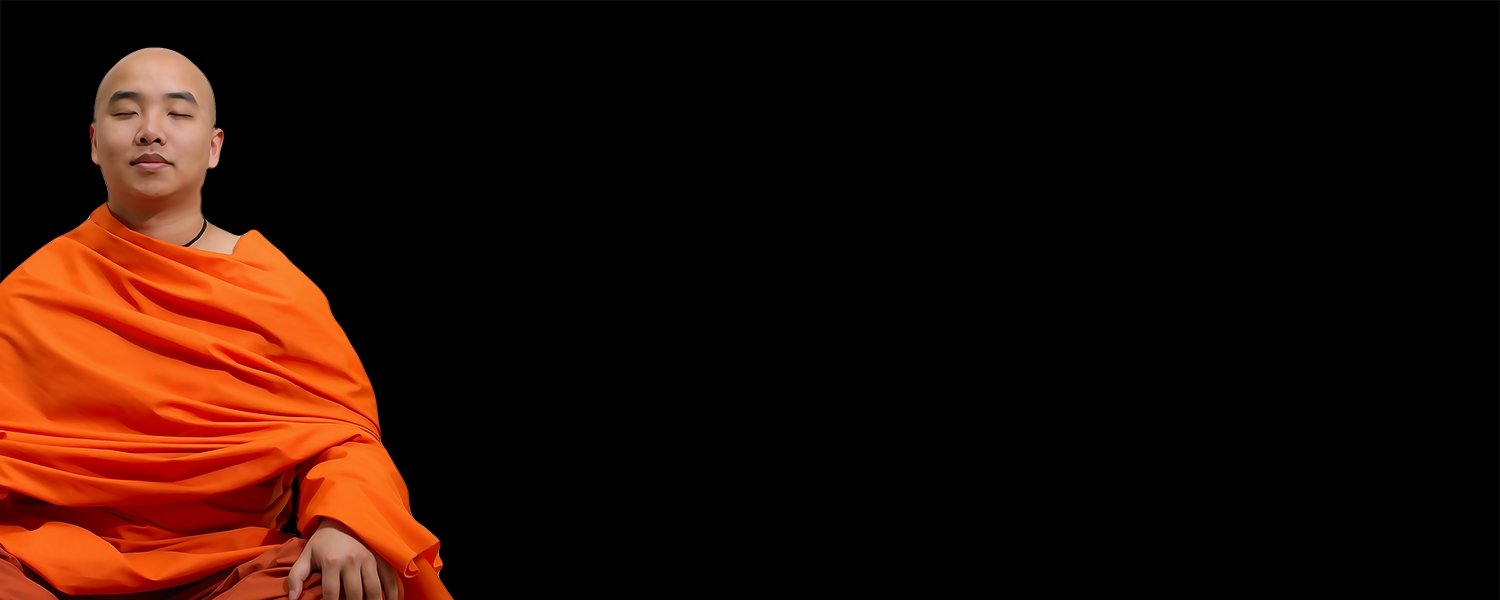











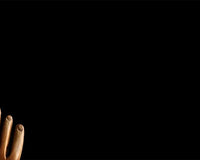







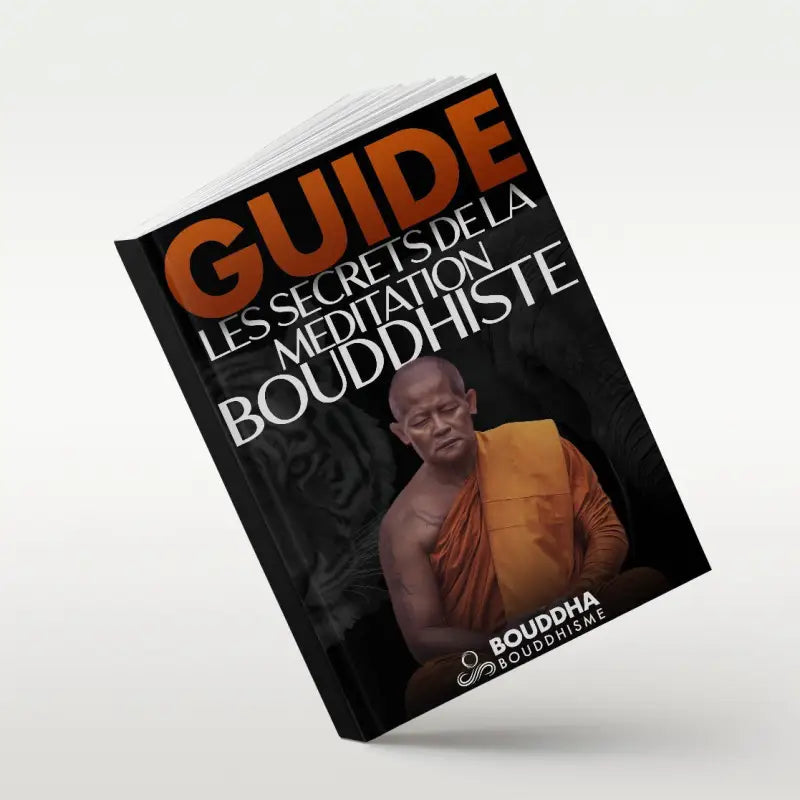
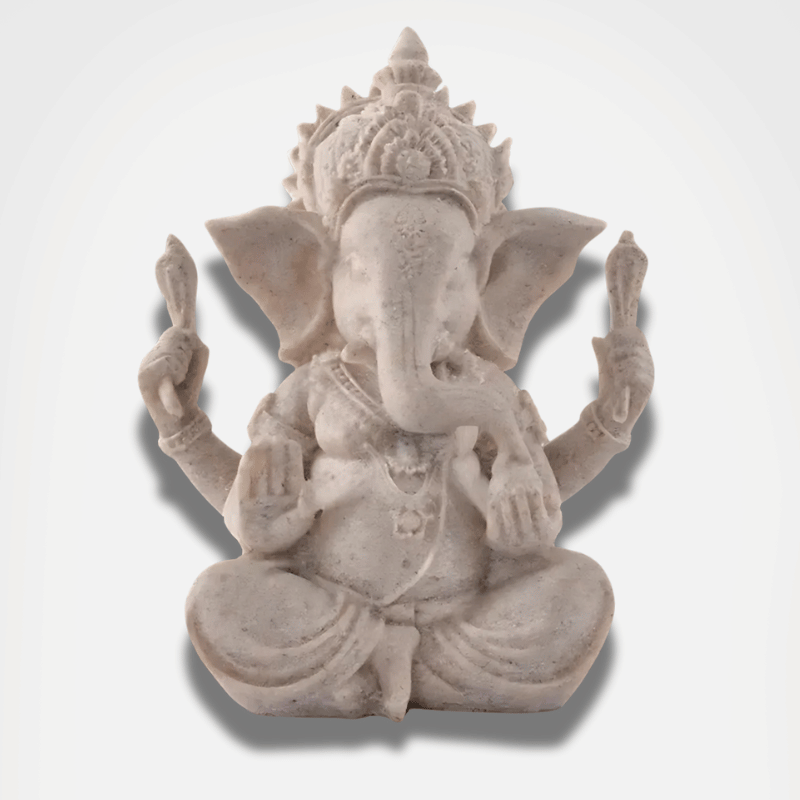
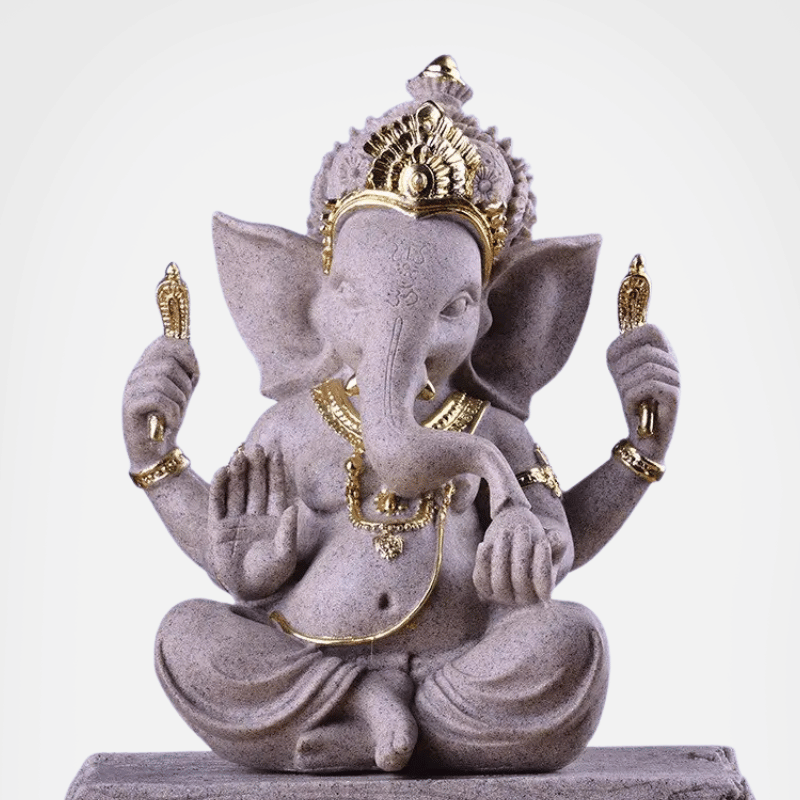
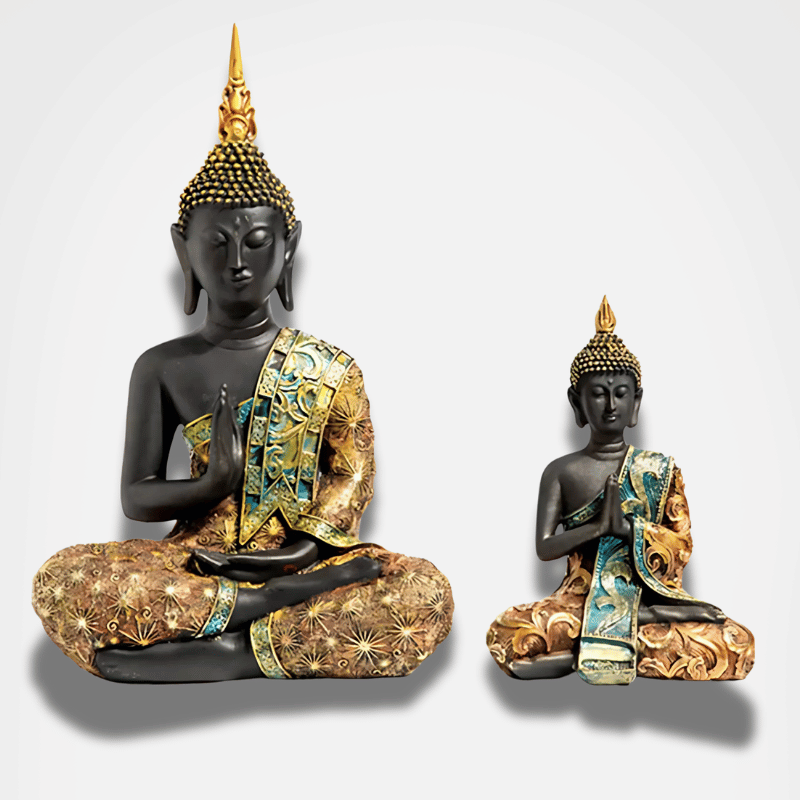
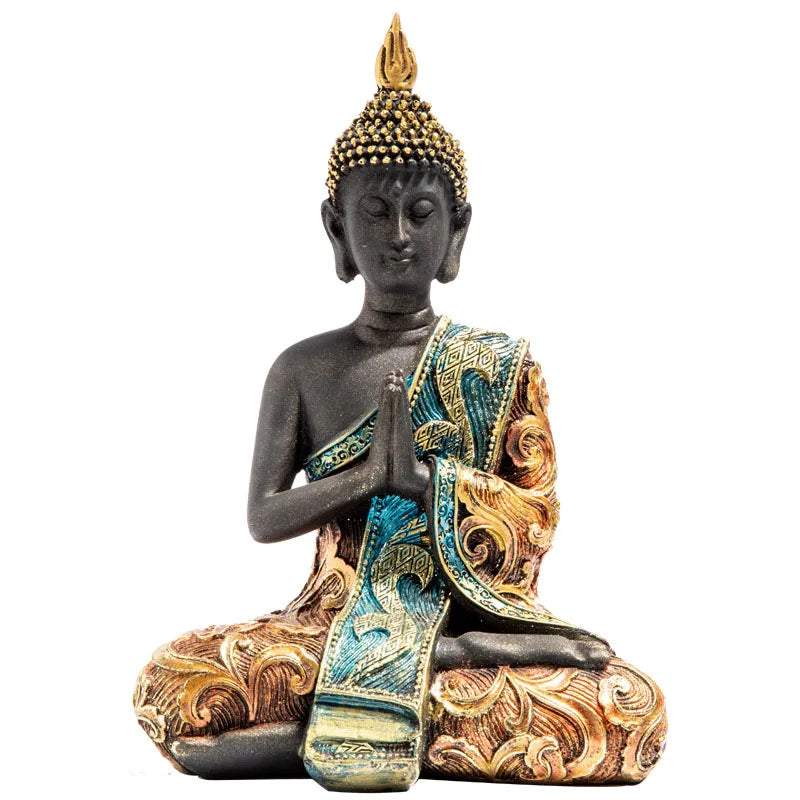
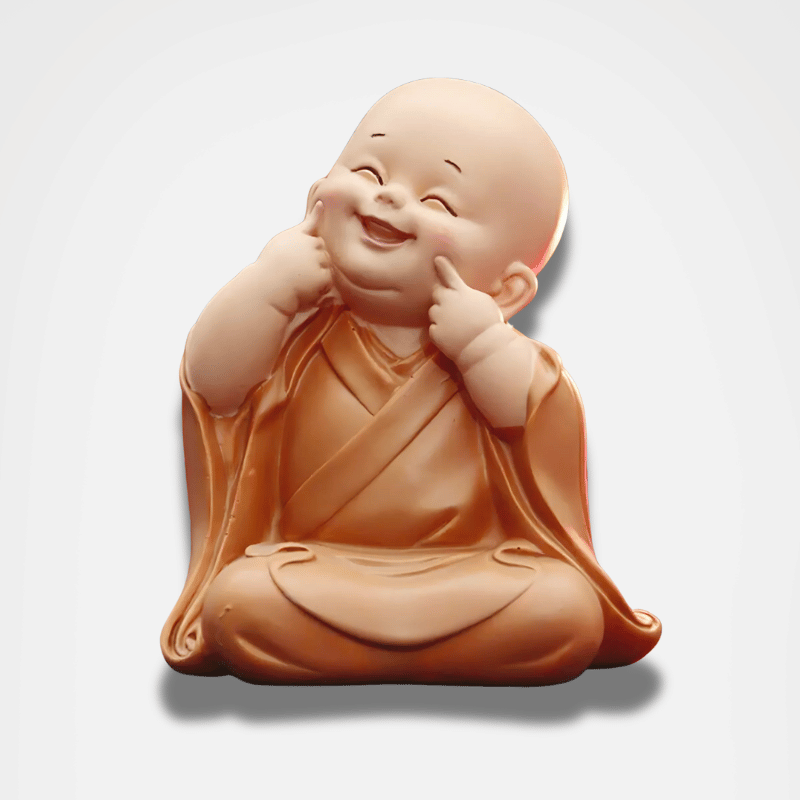



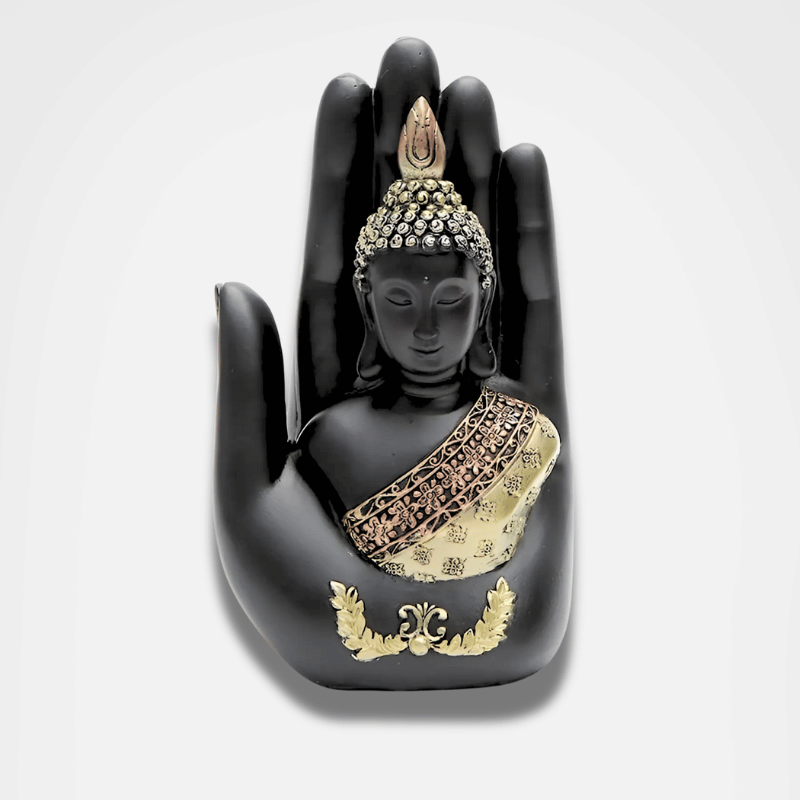
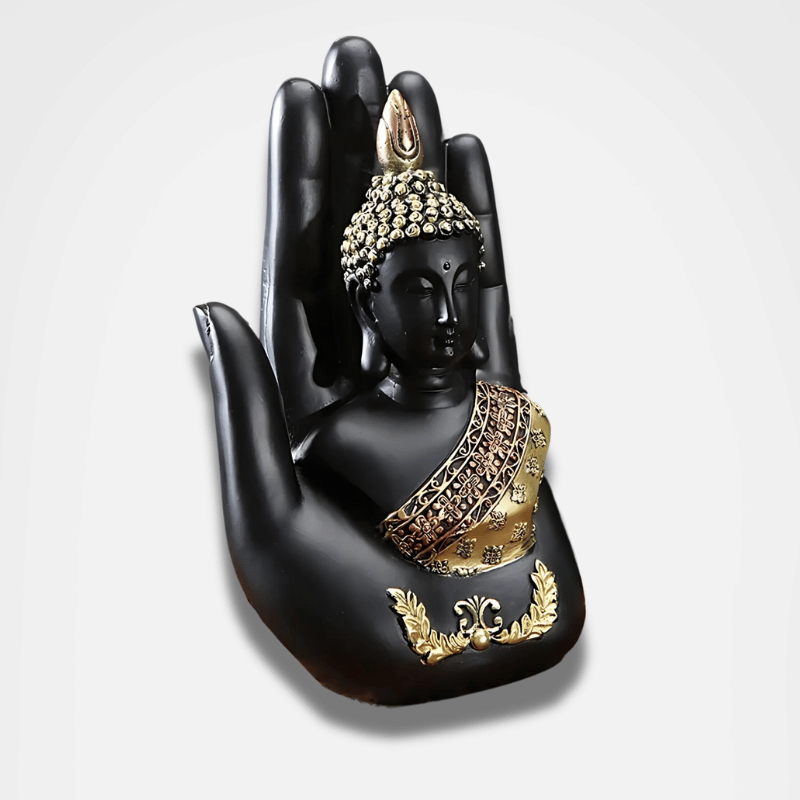






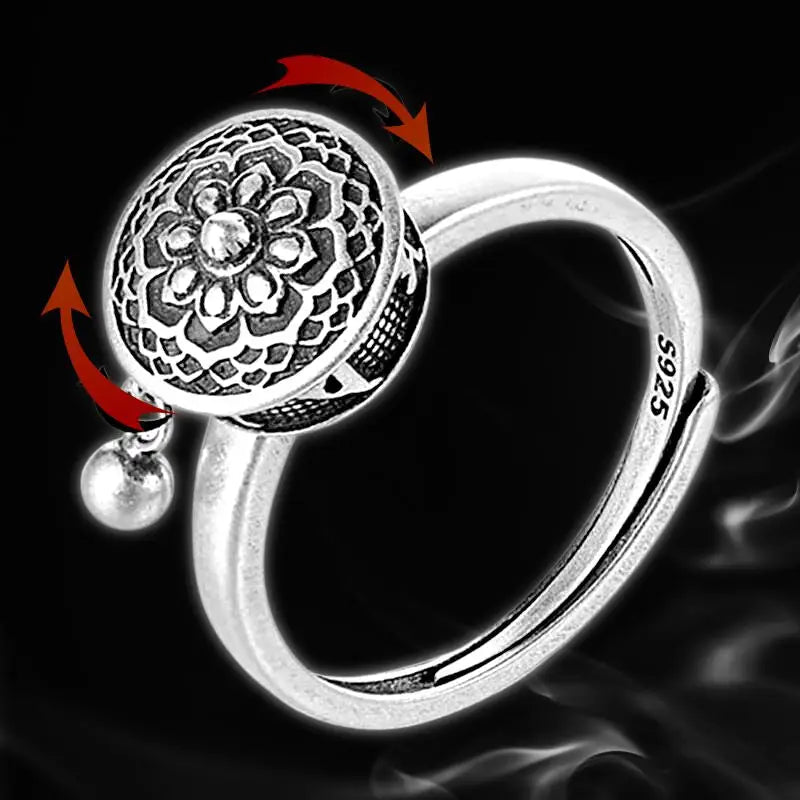


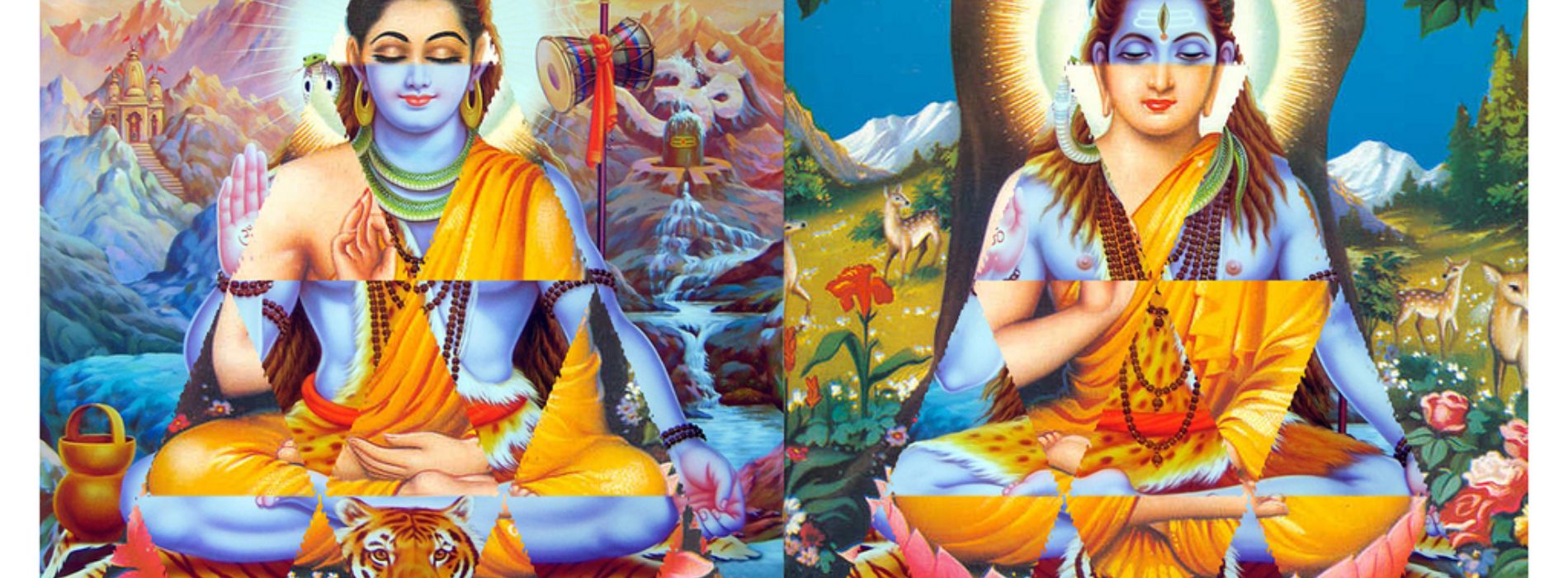
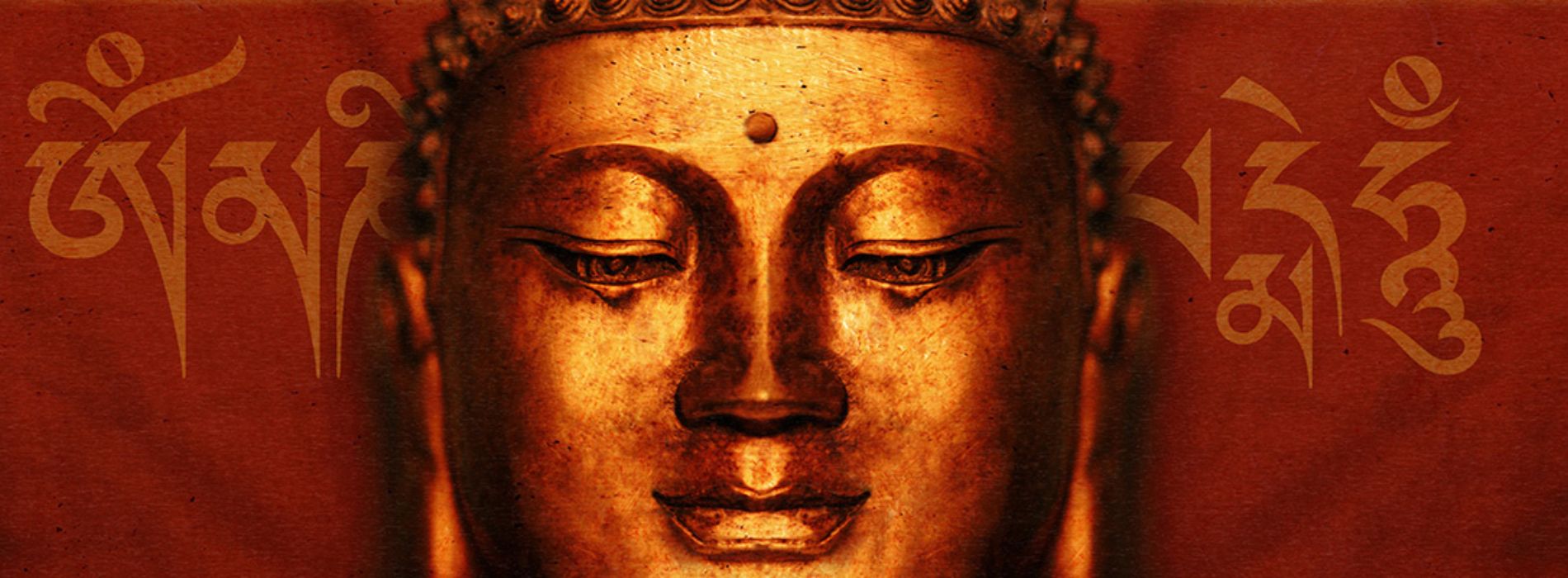



1 comment
peter Eichenberger
sind Glücksspiele im Buddhismus erlaubt ?